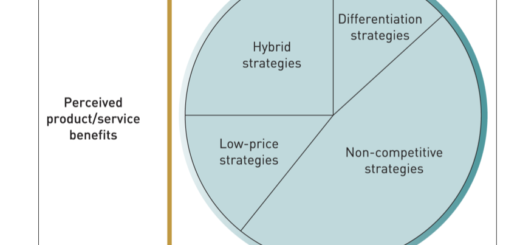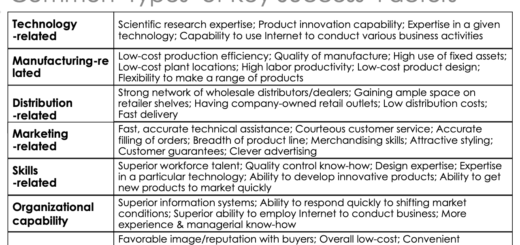Mintzberg’s 10 School of Thought
Mintzberg’s 10 schools of thought is a classification framework of different theories, approaches, and perspectives on management. It was proposed by Henry Mintzberg, a leading scholar and author on management and organizational behavior. The 10 schools of thought represent different ways of thinking about management, and provide a broad overview of the diversity of ideas and practices in the field. The schools are not mutually exclusive, and can be used in combination to address the complex challenges of managing organizations. The schools are:
Mintzberg’s 10 schools of thought are:
- The Design School: Emphasizes the importance of analysis and planning in creating effective strategies – (strategy as process of deliberate formulation)
- The Planning School: Focuses on formal strategic planning processes, which involve the identification and evaluation of strategic options – (strategy as a formal process)
- The Positioning School: Emphasizes the importance of market positioning and competitive advantage in strategy development – (strategy as an analytical process)
- The Entrepreneurial School: Emphasizes the role of the founder or CEO in developing and implementing strategies – (strategy as a visionary process)
- The Cognitive School: Focuses on the role of mental models and thinking processes in strategy development – (strategy as a mental process)
- The Learning School: Emphasizes the importance of organizational learning and adaptation in strategy development – (strategy as an emergent process)
- The Power School: Emphasizes the role of power and politics in strategy development – (strategy as a process of negotiation)
- The Cultural School: Emphasizes the role of organizational culture and values in shaping strategy – (strategy as a collective process)
- The Environmental School: Emphasizes the importance of external factors, such as industry structure and competitive dynamics, in shaping strategy – (strategy as a reactive process)
- The Configuration School: Emphasizes the importance of understanding the internal structure and dynamics of the organization in developing effective strategies – (strategy as a process of transformation)



